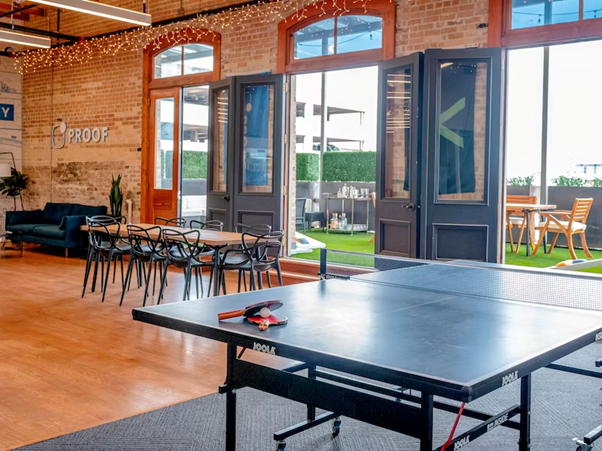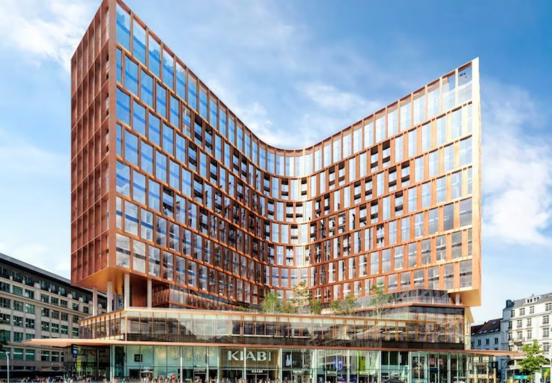Even though we are still living in the Covid-19 environment and you might be working remotely, you may still need to move forward with an office. Because the process of finding an office space can seem daunting, here are some tips to help you find the perfect office space for your small business or startup.
A decision that defines how your business grows is where you decide to start in the first place. And while you might simply consider settling in your hometown, other locations might offer your business the conditions it needs to thrive. Different cities will also offer various opportunities and challenges.
Firstly, analyze your industry and other adjacent industries. Then, look for office spaces in metropolitan areas that offer business-friendly environments where your business can easily integrate.
Meanwhile, weigh potential operating costs against the opportunities your new location would offer. For example, Manhattan is a dream for any finance-operating business, but an office space for rent in Houston could offer tech startups an excellent opportunity to grow at a more affordable price. This is also the case in many other emerging technology hubs in the United States, such as Dallas-Fort Worth, San Diego, and Seattle, to name a few.
Furthermore, consider that while offices in central business districts are as prestigious as they've ever been, suburban office spaces are an increasingly viable choice for startups and small businesses.
Once you've chosen a metropolitan area, determine the amount of office space to rent and the amenities you'll need.
As a small business, you'll likely be looking for smaller spaces, although you might also opt for a slightly larger footprint to give yourself room to grow. Similarly, consider your needs in terms of conference rooms – both for in-person meetings and video conferences – as well as the amenities and common areas you'd like to be able to offer your employees.
Before choosing an office space, think about the type of lease that suits you best. For example, a fixed lease – also called a gross lease – ensures more predictable expenses as you pay the same amount each month. However, if you agree to pay a portion of the operating expenses, insurance, and property taxes of the building through a triple net lease, you'll have much more freedom in managing your office.
Essentially, if you want predictable cash flow and to focus on growing your business, a gross lease might work better. However, if you want more freedom in managing your space, including the ability to design the office interior to reflect your brand, consider a net lease.
No two office spaces are alike. With this in mind, make sure you're well-informed and understand the market before making a decision. Use all the research tools at your disposal, such as advice from real estate brokers, online listings, and word-of-mouth recommendations from other businesses. Think about the pros and cons of each office space and carefully weigh your options before making a decision.
If COVID-19 has proven anything, it's that adaptability is an important business goal. For now, this means ensuring that health and safety precautions are closely followed to ensure everyone's safety and health.
You might also consider a hybrid model, where employees alternate between working in the office and working remotely. In this case, there are many ways to help your employees set up the best home office. Additionally, you could brighten up your office by having indoor plants. The benefits go beyond aesthetics. Also, if natural light can't reach your windows, there's a simple solution. You can use grow tents that allow you to grow plants indoors.
COVID-19 has made it difficult to find an office space, let alone move into one. However, the businesses most likely to thrive are those that rise to the challenge and take initiative, even in unfavorable situations. Follow these guidelines to find the perfect office space for your small business, and you'll be off to a good start!







